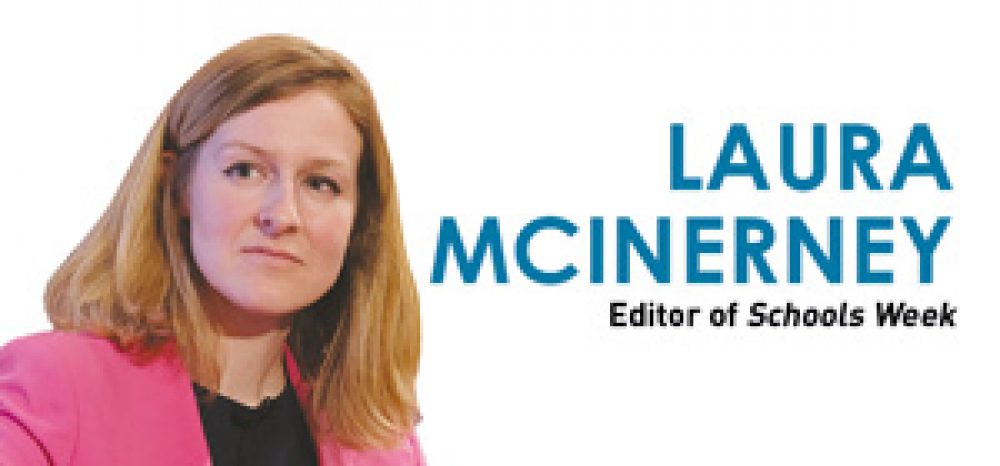Amanda Spielman is starting to warm up in her role at Ofsted and it is exciting, if slightly alarming, to watch.
Her inspector’s focus on curriculum is correct and difficult. Correct because schools have started to concentrate too much on exams. Primary pupils spend most of their final year learning the contrived version of English tested in their SATs, and having maths drummed into their brains. It’s not a bad use of time; these are good things to learn. But it does mean that history, music, art, even science, are subsumed.
At secondary schools things are even worse. As headteacher Liam Collins, who deserves an award for his honesty, explained to reporter Billy Camden, the new “more rigorous” GCSEs are so packed with content either secondary pupils need more time to study or do fewer subjects. Both require a compromise that can get you into trouble with Ofsted, though. Have pupils start their GCSEs a year early so they can keep up a high number of subjects and you’re cutting into the “broad and balanced national curriculum”. Reduce the number of exams that pupils study for and you reduce their subjects AND risk a drop in the schools’ headline performance score if they mess one up.
So, it’s good to see the new chief inspector tackle this thorny issue, but it’s going to be a high-wire act getting to a place where school leaders feel able to manage the competing demands.
What is the point of Ofsted also doing monitoring visits for inadequate or requires improvement schools?
Two other Ofsted matters starting to bubble up will also require careful balancing if the chief inspector is not to fall flat on her face.
The first will not affect many in the schools sector, but is enormously serious. Illegal schools were a bugbear of her predecessor, Sir Michael Wilshaw, but the Department for Education has been agonisingly slow to act. As our story on the fires in illegal schools shows: this is not only bad for education, it could be bad for children’s safety.
More than £1 million has been given to Ofsted for its taskforce into the schools, but prosecutions are slow. In March we revealed that so far every case sent to the Crown Prosecution Service has been knocked back. The inspectorate needs to show that it can develop its intelligence and deal with this problem, or it could find the resources withdrawn and the issue continuing unabated.
The second is less life-threatening, but affects most school leaders. It is the issue of Ofsted’s jurisdiction over academy chains.
AET, Reach2 and Durand Academy Trust are all to have schools removed from them and handed to other chains. All three have been high-profile, either because of their fast growth rates or the recalcitrance of their leaders. None is being forced to give up the schools on the basis of Ofsted inspections, but on the basis of concerns by people within the Department for Education, either by regional school commissioners or the Education Funding Agency. Ofsted reports may be part of these decisions, but in most cases they appear not to be. Reach2, for example, has not yet had a trust-level review. Durand is involved in a legal wrangle over its inspection reports.
Given academies are increasingly subject to interference by civil servants, including so-called “monitoring visits”, one has to wonder what is the point of Ofsted also doing monitoring visits for inadequate or requires improvement schools? Is it the best use of resources? And, if the independence and transparency of Ofsted reports is the best way to do things, then why are we sending in civil servants (especially if they haven’t been given adequate training in inspection)?
None of these things is simple.
But then, neither is Spielman. Hence, the next few years of Ofsted reform could be exciting if difficult. Plus, she does say that she aspires to be like Bismarck, the 19th century-politician who diplomatically unified Germany.
Given the academy world is currently like the Wild West, she might be in the right place.








Your thoughts